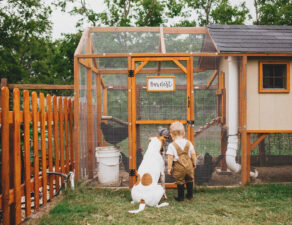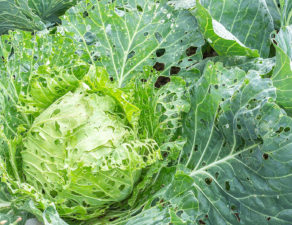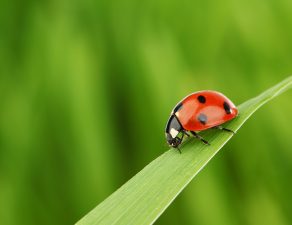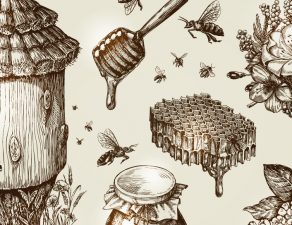
No matter how much we love our houseplants, we love our kids and pets even more. To keep tiny humans, cats, dogs, and other creatures safe, it is important to learn about plant toxicity. Many common houseplants seem perfectly innocuous, but can actually pose a danger to your little two-legged or four-legged explorers.
Avoid toxic plants in the home. All of these common household plants range from mildly to extremely toxic to both humans and pets:
- Arrowhead
- Sago palm
- Caladium
- Cyclamen
- Poinsettia
- Pothos
- Philodendron
- Most varieties of Lilies
- Devil’s Ivy
- English Ivy
- Mother-in-Law’s Tongue (Snake Plant)
- Oleander
In the case of Oleander, we want to remind you that it is extremely toxic, even to the point of being deadly. While some other plants listed above might cause only mild symptoms, Oleander is one you simply do not want in your home if you have children or pets.
Poisoning can occur from
- Eating the plant itself (flowers, stems, leaves, etc)
- Touching the plant
- Contact with the plant’s sap or juices
- Ingesting berries (they are not all edible)
- Eating the soil around some plants
- Drinking water from the plant tray
With regard to children, you know your kids best. There will probably come a time when you won’t have to be so vigilant with regard to plants. But since pets often do not grow out of their attraction to houseplants, you should always keep plants out of reach or simply exercise scrutiny when choosing plants for your home. Remember, too, that potting soils and fertilizers can also be dangerous to both children and pets.
Know the signs. Signs of plant toxicity include…
- Rash
- Nausea or vomiting
- Diarrhea
- Complaints of stomach ache
- Rapid heartbeat
- Impaired or labored breathing
- Lethargy
- Dizziness
- Confusion
- Burning or swelling around the mouth
- Drooling
- Staggering
- Hyperactivity
- Signs of shock or seizure
Finally, keep the numbers to Poison Control, your pediatrician, and your veterinarian posted in a central location in the home. If an accident does occur, help will be easy to access at a stressful time.








